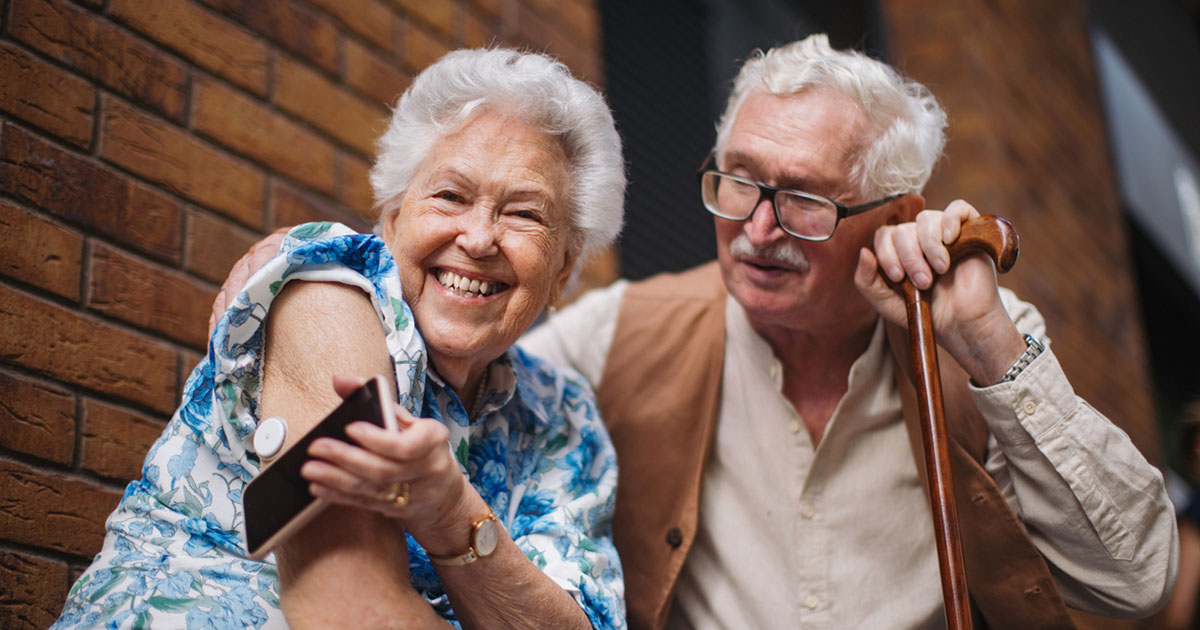Over the past few years, the PCDS has become a more established and recognised body to offer advice and opinion regarding diabetes management from the primary care perspective. As a consequence of its increased profile, we, the committee, felt that it is important for the members elected to the committee, to act with transparency and declare any allegiance or bias that they may have due to contacts or employments. It was felt that the constitution should be reviewed and certain changes made to ensure that the committee represents the PCDS members as a whole without bias or prejudice.
Changes in the constitution were therefore proposed and accepted at the annual general meeting (AGM). In summary these were:
- All elected members of the committee should have a substantive NHS contract; substantive to mean that at least 50% of their working practice is within the NHS (on an NHS provider list or linked with an NHS pension).
- Members may be asked to step down if it is felt that there could be a conflict of interest.
- The committee shall hold a record of all its members’ interests. This shall be maintained by the secretariat and amended each year at the AGM.
- All representations and talks on or behalf of the PCDS will require interests to be declared.
The new constitution is detailed below.
- The committee shall consist of 16 elected members. Each member should serve one 3-year term with the option of further terms depending on election. Six members of the committee should retire/stand for re-election each year.
- The quorum for each committee meeting shall not be less than one third of the members of the committee. The committee will meet no less than twice each year with due notice of at least 1 month, posted to all committee members.
- The committee shall elect from its members a Chairperson, Vice-Chairperson, a Secretary and a Treasurer. In order to allow stability, not more than two of the four officers (Chairperson, Vice-Chairperson, Treasurer and Secretary) should normally leave the committee at the same time. The Chairperson and the Treasurer should not stand for re-election or retirement in the same year.
- The journal Diabetes & Primary Care is the official publication of the PCDS. The editor should be considered as an ex officio member of the committee and, as such, will be expected to attend and partake in committee meetings.
The Chairperson shall normally serve one term of 3 years. All the officers of the committee shall normally serve a term of 3 years but may continue for longer pending on election. Service as a specific officer on the committee should not normally exceed two 3-year terms. - The committee shall hold an annual general meeting (AGM) each year, when the results of the elections will be announced. Notices for such meetings, accompanied by the agenda and nomination documents, must be sent at least 28 days before the event to the members of the PCDS.
- Those seeking election to the committee must be of good standing and members of the PCDS. In order for the committee to be truly representative of its membership, all committee members should be employed by a substantive contract with an NHS body. To seek election, they must be nominated by two other members of the PCDS.
This nomination process must be completed at least 10 working days before the AGM.
Voting will be on a one-member-one-vote basis in written form. In the event that there are the same number of candidates as positions open on the committee, the election process will be termed an “uncontested election.” - The committee shall have the right to co-opt up to four members.
Members who are co-opted should be eligible to continue on the committee for up to 1 year or until the next AGM. After 1 year, the co-opted members should normally stand in the election process if they are to continue as committee members.
The committee should ideally comprise a cross section; representing all professions and the four nations of the UK.
Co-opting will only be considered for terms ensuring adequate representation, expertise or knowledge if the majority of the committee feel that this is not adequately reflected in the elected members. - The members of the committee should, at all times, promote the workings and name of the PCDS foremost and not use their position for “self gain”.
If conflicts of interest arise, this should be declared and discussed with the other members of the committee.
If concern is raised by two or more committee members regarding conflict of interest, the member in question should withdraw from the proceedings. If there is a disagreement whether a conflict of interest is arising, advice should be sought from the wider committee before continuance. - The committee will support the workings of the PCDS with regard to the promotion of good, high-quality diabetes care within the primary care environment. This will cover quality education, research and advocacy for PCDS members.
- Changes to the constitution must be proposed and seconded and included in the agenda of the AGM; such changes shall require two thirds majority of the attending members at an AGM.





Quantifying the risk of worsening glycaemia, and how should healthcare professionals respond?
22 Apr 2024